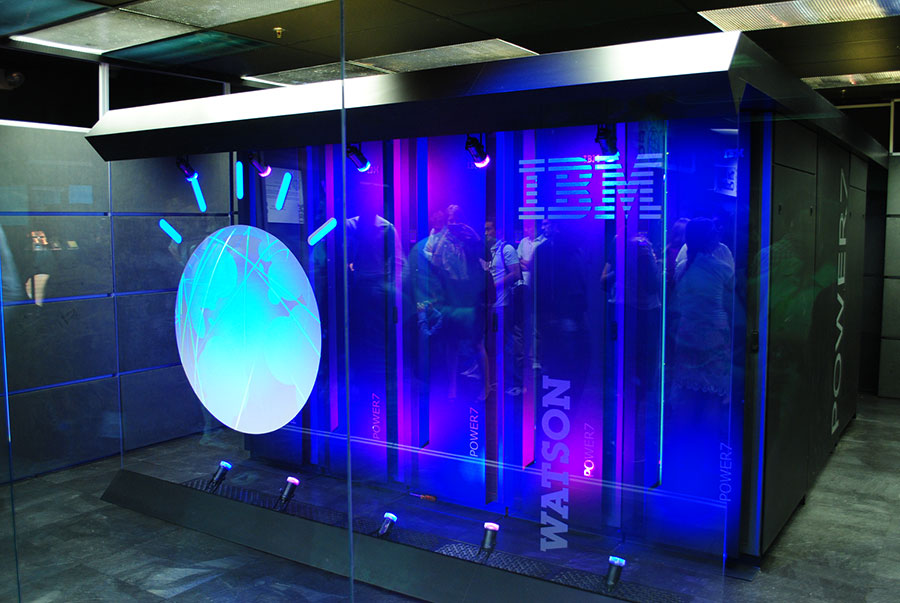IBM is injecting a huge amount of money that will go toward expanding and improving the company’s Watson Internet of Things (IoT) platform in Munich, Germany, which will serve as a new global headquarters.
The $200 investment will cover IoT capabilities in terms of the Blockchain security platform and certain clients will get to receive cash to support their use of the Watson IoT platform in a wide variety of applications, including machines, cars, equipment components, or ball bearings.

The giant firm is convinced that the Internet of Things will be the biggest source of data within the next two years. Imagine all kinds of web-connected devices that emit and receive diverse types of information and change the way people live, work, entertain, etc.
Smart refrigerators with tiny sensors, connected vehicles and many other gadgets that serve to the purpose of a range of industries across the world, including healthcare, manufacturing, electronics, and insurance. Intel’s intentions to power such devices are more than ambitious.
The new facility in Munich will employ 1,000 local engineers, researchers, and business experts who will work on IBM’s so-called cognitive IoT Collaboratories labs.
“Together, they will tackle the toughest challenges of their respective industries; apply new concepts and technologies to build IoT solutions; develop and test new business models, solutions, and services and push the boundaries of what is possible with IoT,” IBM said, as reported by Digital Trends.
The company has already invested more than $3 billion dollars into its Watson IoT platform, which is being used by more than 6,000 clients worldwide. IBM reported 4,000 just eight months ago.
A glimpse of IoT applications
Patients at the Thomas Jefferson University Hospital in Center City (Philadelphia, Pennsylvania), one of IBM’s clients, will soon be able to control everything in their hospital rooms, from the lightning to the windows blinds right from their beds. There will be a cognitive system that would even allow them to get information about the healthcare facility and the physicians on the floor, according to the Digital Trends report.
For its part, Aerialtronics, a company based in Netherlands and creates systems for unmanned aircraft, signed a deal with IBM so its drones can work with Watson IoT gadgets. High-definition cameras and Watson Virtual Recognition analytics would do all the job currently done by employees who climb a cell tower, inspect the hardware and then climb back to the floor to report on the findings.
The Watson IoT platform now offers voice interfaces for customers in offices, hotels, homes, stores, and cars. Additionally, developers are getting tools for solving cognitive challenges when taking advantage of IBM’s Watson Natural Language APIs.
Clients will enjoy the benefits of IBM’s security system, Blockchain. It creates a private network that only allows authorized parties to join it. Cryptography technology is used to keep the data secured so the IoT devices and their information are not at risk of being compromised.
According to Digital Trends, IBM said Blockchain will offer “advanced security assessment, threat intelligence to identify anomalies, and data anonymization.”
Source: Digital Trends
